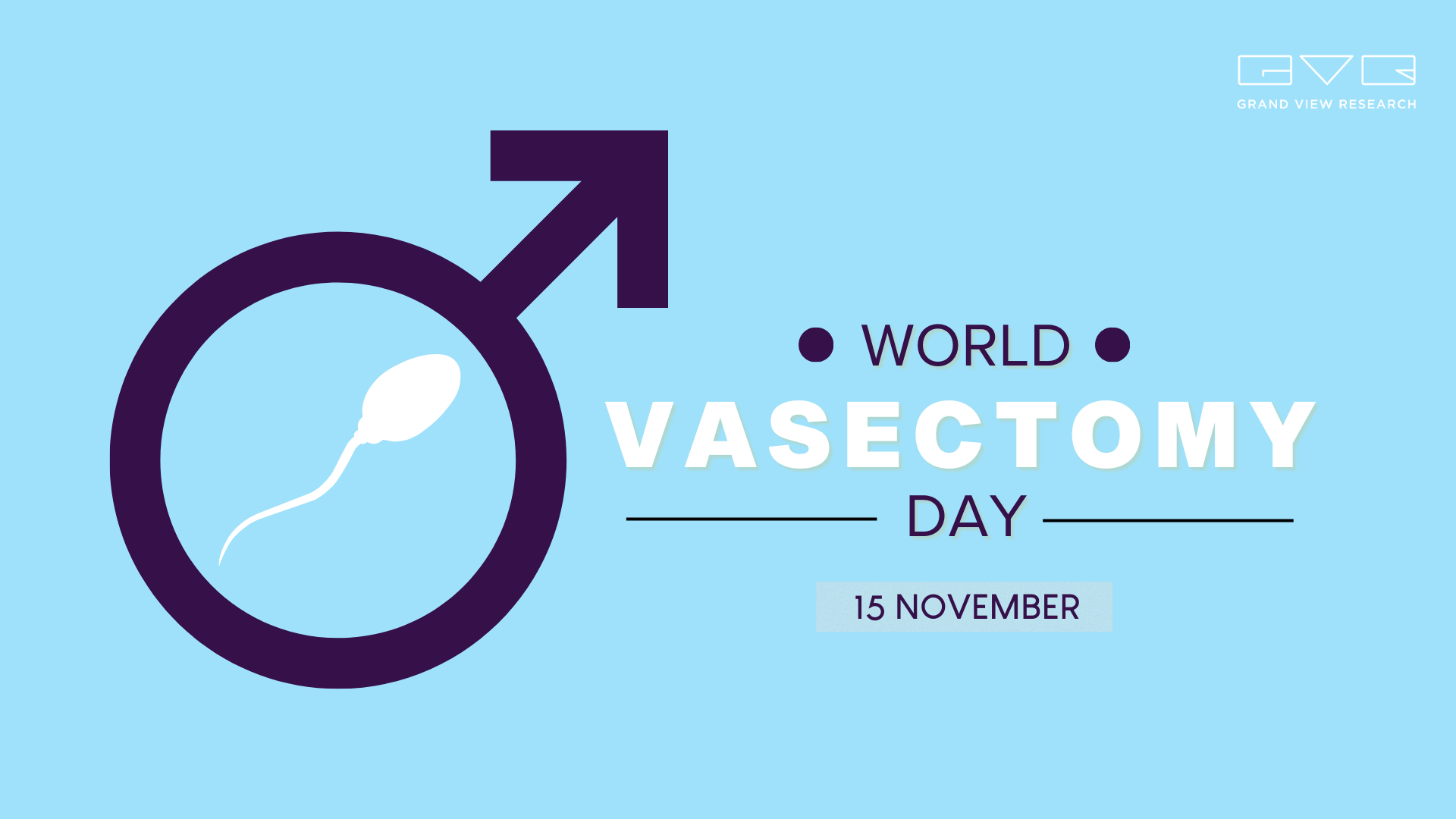World Vasectomy Day: Encouraging Men To Adopt Male Contraception
World Vasectomy Day is observed on the third Friday of November every year, this year on November 15th. The day marks a global initiative aimed at promoting male involvement in family planning, further raising awareness about the importance of vasectomy as a safe and effective method for male contraception. This year, as we commemorate this significant event, it is crucial to delve deeper into the procedure and its role in modern reproductive healthcare and also burst the myths around vasectomy, particularly in the context of growing global health challenges such as the aging population and chronic diseases.

“As per the National Library of Medicine, the failure rate of vasectomy (presence of motile sperm in the ejaculate at 3–6 months post-vasectomy) is less than 0.2-5%. This means the chances of vasectomy failing as a contraceptive method are comparatively lower. ”
Vasectomy And Population Health Management
Vasectomy, a surgical procedure for male sterilization, offers a permanent solution for couples who have completed their families or do not intend to have children. Beyond individual health benefits, it significantly impacts broader population health management strategies. Vasectomy can contribute to more efficient and cost-effective population health management strategies by reducing the number of unintended pregnancies and associated healthcare costs. Improved access to family planning services, including vasectomy, can lead to better health outcomes for individuals and communities. By reducing the incidence of sexually transmitted infections, maternal mortality, and infant mortality, vasectomy can help improve overall population health and reduce the burden on healthcare systems. The population health management market also actively manages the overall health data, allowing the healthcare industry to work on necessary areas.
Vasectomy And Population Screening
Regular health check-ups, including those related to reproductive health, are crucial for early disease detection. Vasectomy, as a form of permanent contraception, can simplify health screening processes for individuals and healthcare providers. By reducing the number of unintended pregnancies, vasectomy can contribute to a healthier population by allowing for more focused preventive healthcare measures. This can lead to earlier identification of potential health issues, such as sexually transmitted infections or reproductive cancers, enabling timely intervention and treatment.
Vasectomy And Geriatric Care Services
As the global population ages, the demand for geriatric population ages, the demand for geriatric care services increases. Vasectomy can indirectly alleviate the burden on healthcare systems by reducing the number of unintended pregnancies, especially among older individuals. By planning family responsibilities, individuals can improve their quality of life in their later years, reducing the stress and financial burden of raising children. This can also free up resources for other essential healthcare services, such as elder care and chronic disease management.
Furthermore, vasectomy in the elderly population helps reduce the number of children, families can allocate more resources towards their own retirement savings and healthcare expenses. This can lead to a more secure financial future and a higher quality of life in old age.
The geriatric care services market is anticipated to grow at a CAGR of 6.3% from 2023 to 2030.
Vasectomy And Nutritional Supplements Market
While vasectomy does not directly impact nutritional needs, it can influence lifestyle choices, including dietary habits and supplement usage. Men who have undergone vasectomy may be more likely to prioritize their health and consider nutritional supplements to support overall well-being. The growing awareness of men’s health and the increasing demand for preventive healthcare measures can drive growth in the nutritional supplements market, providing opportunities for businesses and healthcare providers to develop and promote products tailored to the needs of men of all ages.
The Role of World Vasectomy Day
World Vasectomy Day plays a crucial role in promoting male responsibility in family planning and challenging societal norms that often place the burden of contraception solely on women. By raising awareness and encouraging open dialogue, this initiative empowers men to make informed decisions about their reproductive health. By promoting gender equality in family planning, World Vasectomy Day can help reduce unintended pregnancies, improve maternal and child health, and contribute to more equitable and sustainable societies.
Addressing Myths And Misconceptions
Despite its many benefits, vasectomy is still surrounded by myths and misconceptions. Some common myths include:
-
Myth: Loss of libido
- Fact: Vasectomy does not affect sexual desire or performance
-
Myth: Increased risk of cancer
- Fact: There is no evidence to suggest that vasectomy increases the risk of cancer
-
Myth: Difficulty reversing
- Fact: While vasectomy reversal is possible, it is a complex procedure with varying success rates.
Vasectomy And the Future of World Population
Vasectomy is a safe, effective, and convenient method of male contraception that offers numerous benefits for both individuals and society. As we celebrate World Vasectomy Day, it is important to dispel myths, provide accurate information, and encourage men to consider family planning. By doing so, we can promote gender equality, improve reproductive health, and contribute to a more sustainable future.
To schedule a free market intelligence database demo, please complete the form below:
Service Guarantee
-
Insured Buying
This report has a service guarantee. We stand by our report quality.
-
Confidentiality
Your transaction & personal information is safe and secure.
-
Custom research service
Design an exclusive study to serve your research needs.
-
24/5 Research support
Get your queries resolved from an industry expert.